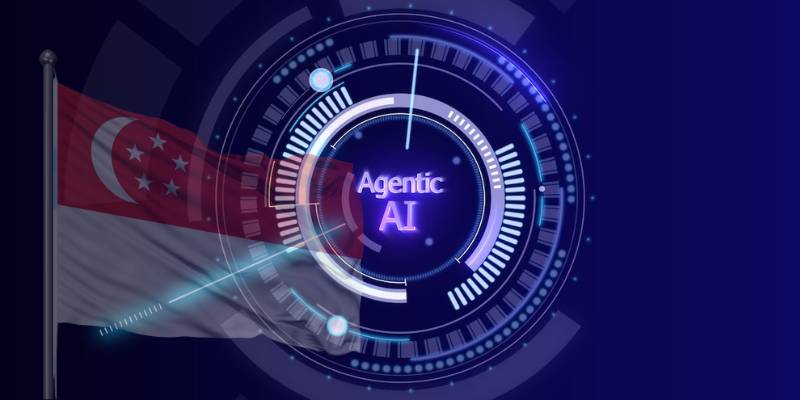When the Cyber Security Agency of Singapore (CSA) quietly dropped its Addendum on Securing Agentic AI Systems, it wasn’t just another bureaucratic memo—it felt like a preemptive strike.
These so-called “Agentic AIs” aren’t your average chatbots; they’re systems that can plan, act, and even make decisions on their own.
Think of them as the next generation of digital assistants—but with enough autonomy to make regulators sweat.
What’s fascinating is how this move lines up with a broader global wake-up call.
The European Union’s AI Act and the U.S. NIST AI Risk Management Framework already hinted that guardrails were overdue.
Singapore seems to be saying, “We’ll build the fence before the bull charges.”
The Addendum dives into practical stuff—mapping workflows, spotting vulnerabilities, and creating risk controls for AIs that can act without constant human oversight.
It’s a bit like teaching your car to drive itself and then wondering, “What if it learns to take a detour you never programmed?”
The CSA isn’t waiting to find out. They’re calling for public consultation until the end of December, urging system owners to voice concerns and suggest improvements.
Still, it’s not all red tape and warnings. Singapore’s tech scene is buzzing with optimism.
Just a week ago, IBM and NUS teamed up on quantum-AI research, showing that regulation and innovation can—surprisingly—share the same table.
That balance might be Singapore’s secret weapon in navigating the AI age.
Here’s where my two cents come in: I think the term “Agentic AI” will soon hit mainstream lingo, much like “cloud computing” did a decade ago.
People will throw it around without fully grasping the Pandora’s box it could open.
And yes, maybe that’s why initiatives like this one—and similar moves in Canada—are surfacing right now. Because no one wants their algorithms to outsmart their firewalls.
If you strip away the acronyms and policy-speak, this Addendum feels like a quiet revolution—one that acknowledges that AI isn’t just code anymore.
It’s agency, it’s autonomy, and it’s accountability all tangled up in one digital brain.
The question now is whether the rest of the world will follow Singapore’s lead before things get too… agentic.


